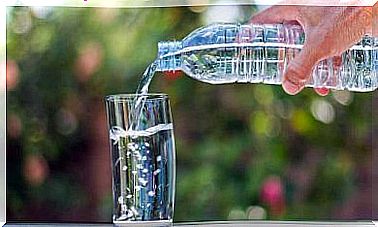Delaying The Urge To Urinate: 5 Negative Consequences
Have you ever asked yourself what the consequences are if you ignore the urge to urinate and delay going to the toilet unnecessarily? We all know this, so in this post we want to take a closer look at the consequences of this bad habit.
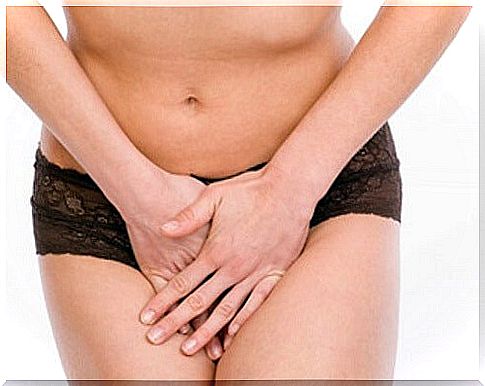
Delaying the urge to urinate: How often have you done that in your life? You have a lot of work, you are very busy, and it is not the right time to go to the bathroom, even if the body tells you to.
Sometimes you can delay the urge to urinate . Even up to three or four hours to then go to the bathroom in peace at home.
This can happen once or twice a week. But what happens when the urge to urinate becomes a habit? Many people only feel comfortable in their own toilet and avoid public toilets or the toilets at work.
Yet this habit can have serious consequences that you should be aware of. Then you will learn more about it.
1. Delaying the urge to urinate: Dreaded infections
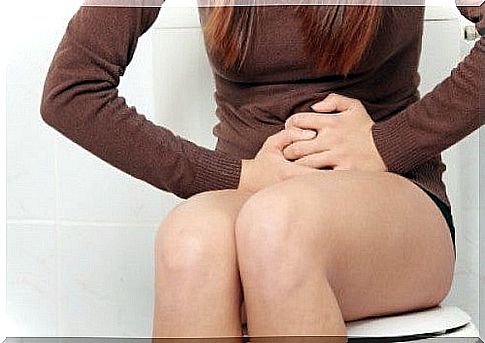
The urine contains not only water but also all those harmful substances that have been filtered out by the kidneys, since the body does not need them. These are residues, acids, and ammonia that can gradually damage the walls of the urinary tract or the bladder.
Every time you go to the toilet, bacteria in the urethra are also eliminated, preventing them from migrating to other areas and causing infections . What happens if the urine is held too long instead of emptying the bladder?
The bacteria stay longer in the body and therefore there is a higher risk that they will lodge in the bladder or other parts and cystitis will develop. Therefore: If you feel the need, you should go to the toilet immediately!
2. Enlargement of the bladder
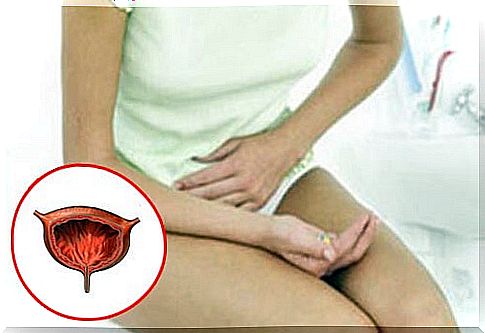
The bladder usually holds 150-220 ml of liquid (although this varies from person to person, of course). When the bladder is full, the responsible receptors tell the brain that it is time to go to the bathroom.
The brain produces an annoying sensation (or pain) that tells us that the bladder needs to be emptied.
What if we delay the urge to urinate? What if we don’t obey our brain’s commands?
If we just sit there and hold back the need to eat or drink more, the level of fluid in the bladder rises and becomes enlarged, which can lead to various damage. You should be aware that this is dangerous to your health.
3. Kidney stones

Renal colic causes almost unbearable pain. Some people have an increased tendency to develop kidney stones, but holding back urine can also help. If you can hold out with a full bladder until you get home, it can not only lead to infections.
This can also cause small crystals to nestle in the kidney, which can be caused by calcium, phosphates, ammonium and magnesium. These are debris that can build up in the kidneys and form stones.
Removing these stones can be very painful.
Avoid this by drinking plenty of water and emptying your bladder whenever your body demands it.
4. Vesicoureteral reflux
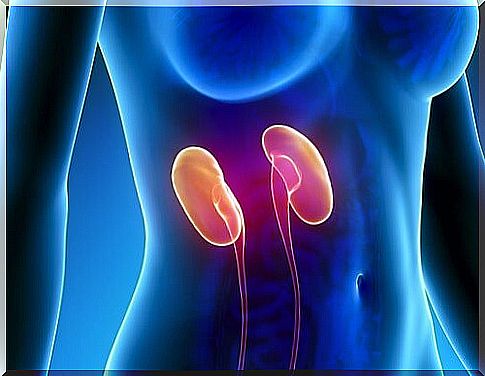
Vesicoureteral reflux is a serious problem to be aware of and can be caused by bad urination habits, among other things.
This condition occurs when urine is held in the bladder for too long and therefore travels back to the kidneys via the urethra, which can lead to serious infections.
The vesicoureteral reflux is divided into different stages from I to V, depending on how intense this disease is. In the first phase, the urine reaches the ureter. However, if the reflux reaches the kidneys almost daily, it is called phase V.
This is a serious case. The consequences can not only be infections but also kidney injuries, you should not forget that.
5. Nausea, cramps and fatigue

Holding back urine is a bad habit that, as we have seen, can have a variety of consequences. If your body sends a signal, you should also listen and don’t delay going to the toilet for more than 10 to 15 minutes.
Otherwise, the brain may no longer point this out and that has consequences.
You then feel bloated, fluid retention, accumulation of pollutants in the bladder, chills and, over time, pelvic pain.
You no longer feel the urge to urinate, but you feel tired, slower, and sometimes confused. This causes you to drink more to keep yourself awake – this makes the situation even worse.
If you feel the need, you should therefore always empty your bladder immediately!







